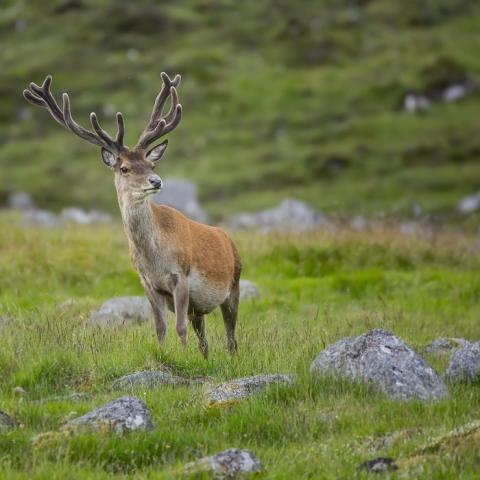Virtual coffee: biodiversity sensing

Organised by CENSIS.
8 February 2024, 10:00-11:00 UTC
Join CENSIS for a catch up over a virtual coffee and connect with companies, researchers and stakeholders with an interest in the same space.
There is no fixed agenda for any of our virtual coffees, and we aim for a forum that is open, friendly and encourages conversation. The direction of the discussion always follows whatever people on the call want to talk about, and the conversations are never recorded.
Led by CENSIS’s Business Development Manager and project lead for natural capital activities, Rachael Wakefield, this coffee break will explore what’s now possible for sensing biodiversity. IoT and earth observation services are transforming how we can measure and monitor our natural environment, but what aspects of biodiversity need to be captured, and how much can sensing technologies help reduce the manual labour typically associated with ecological survey?
Potential topics for discussion might include:
- What needs to be measured and monitored in biodiversity
- What kind of sensing technologies are being used in environmental monitoring and biodiversity
- Where are the unmet needs for sensing biodiversity?
- And is technology innovation moving fast enough?
You might also be interested in IPBES's ongoing Monitoring assessment, a methodological assessment scheduled for publication in 2026. Join ONet and the Stakeholder Registry to stay up to date on opportunities to contribute.
About CENSIS
CENSIS is Scotland's Innovation Centre for sensing, imaging and Internet of Things (IoT) technologies. We work with private and public organisations of all sizes to de-risk and accelerate innovation and overcome technology barriers to achieve business transformation.
Photo by Karen Bullock on Flickr: Scottish Red Deer (Cervus elaphus scoticus) in Grampian, Scotland, United Kingdom. It is a subspecies of red deer that is native to Great Britain. Its comparatively small size is an example of insular dwarfism, a natural evolutionary process that may occur in populations that are limited to a small environment.
